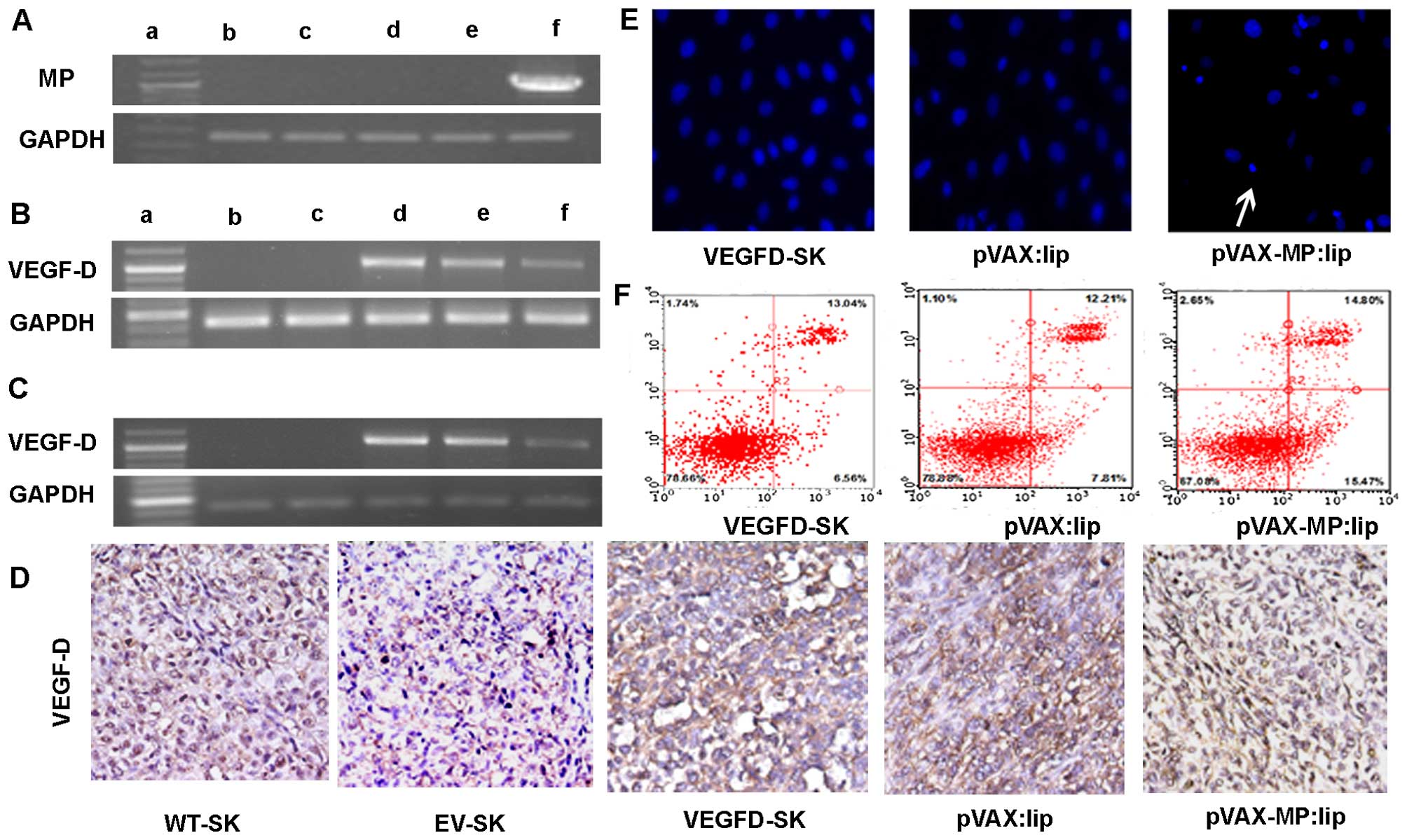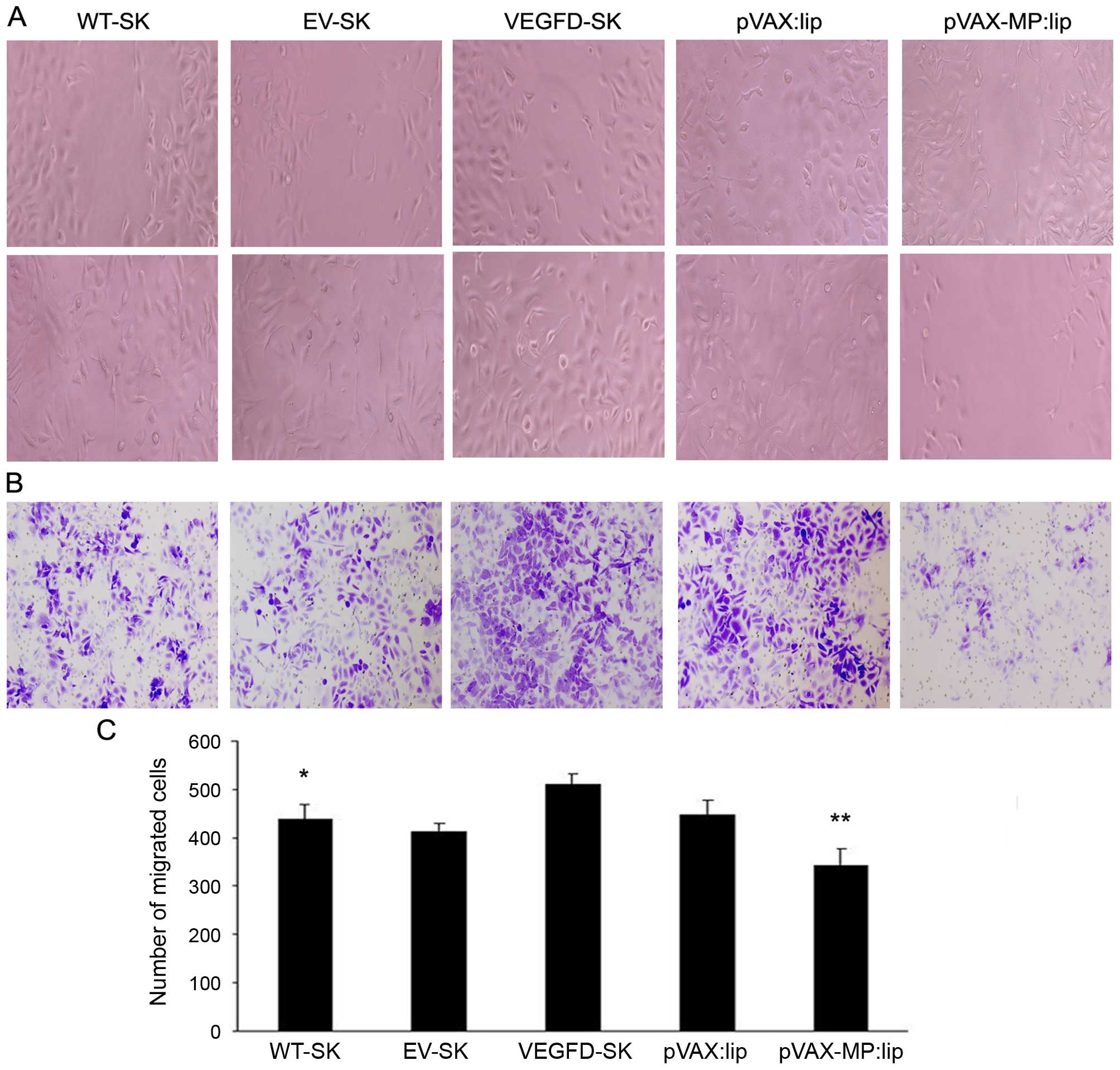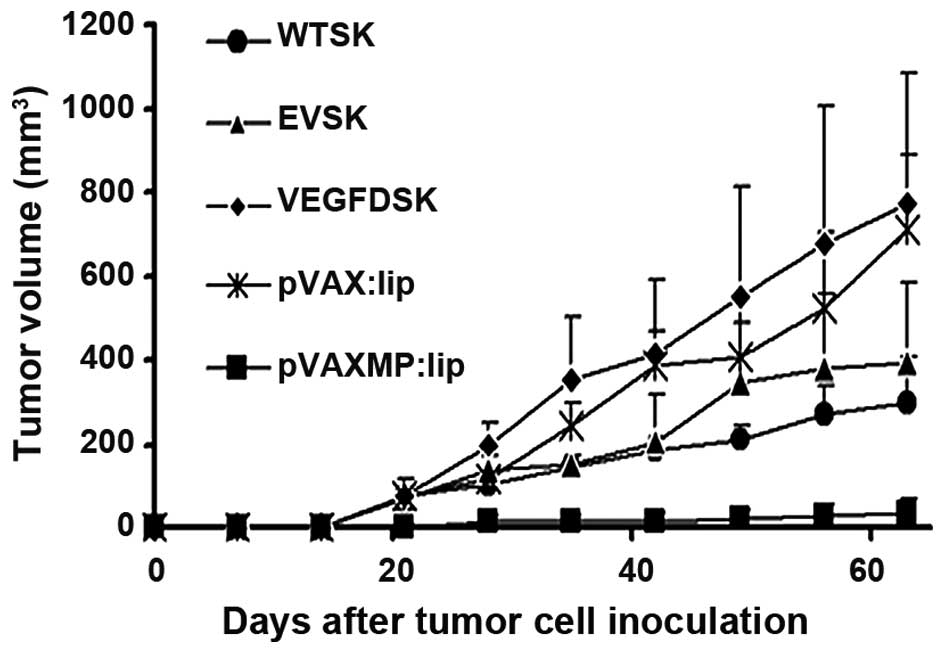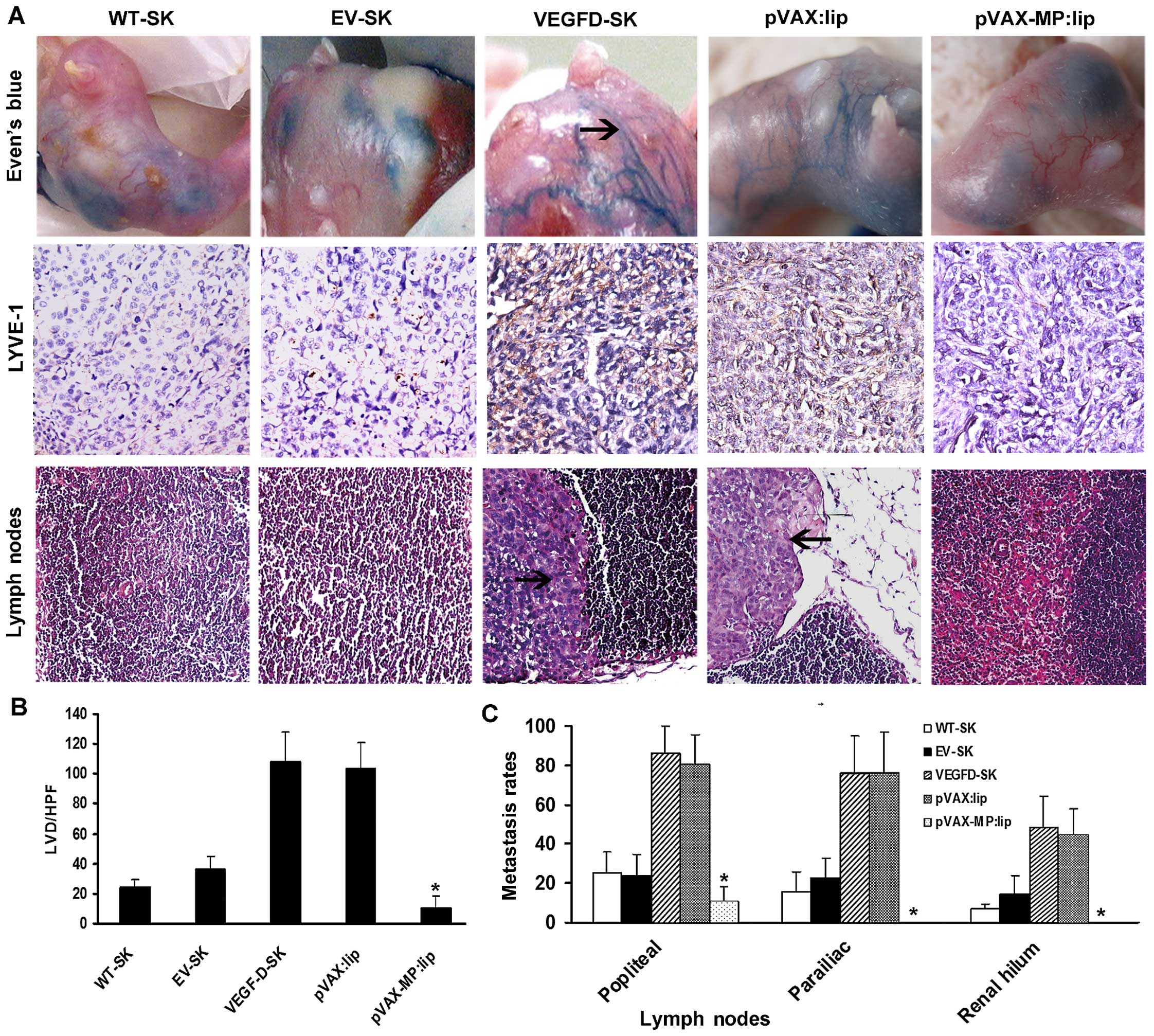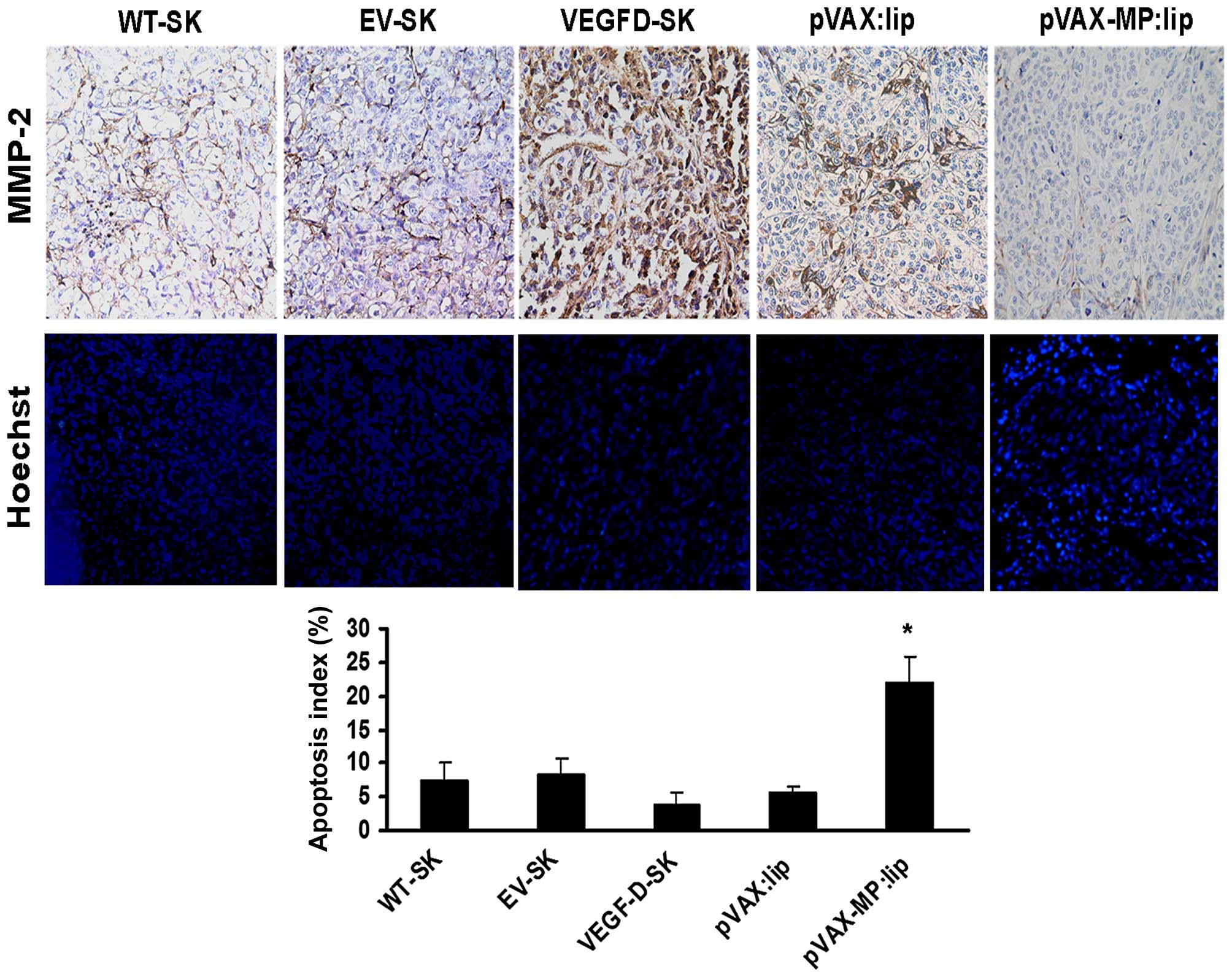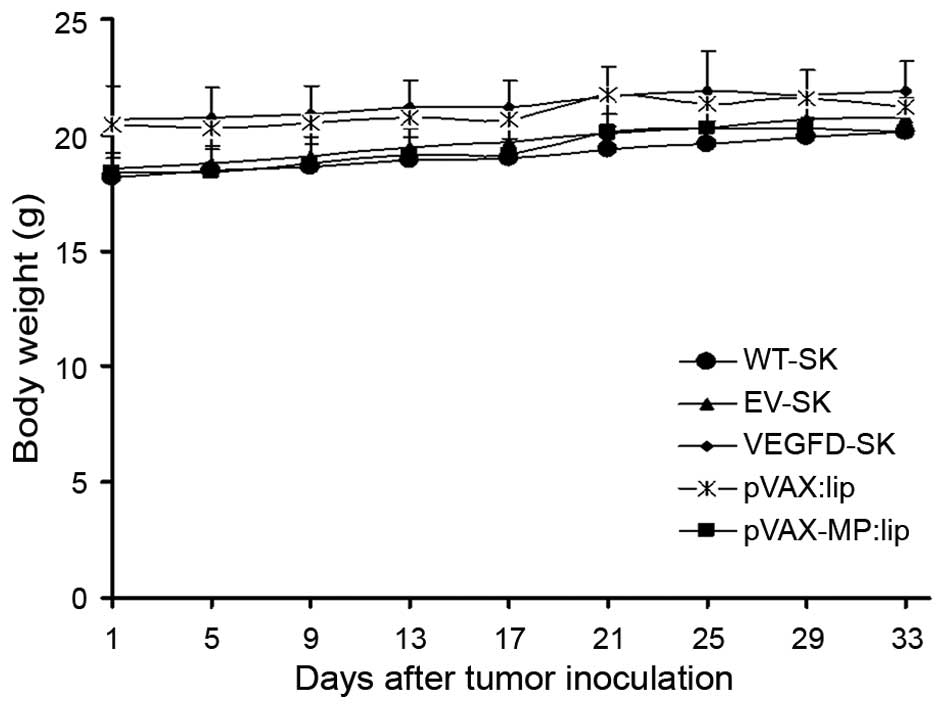|
1
|
Edwards BK, Brown ML, Wingo PA, Howe HL,
Ward E, Ries LA, Schrag D, Jamison PM, Jemal A, Wu XC, et al:
Annual report to the nation on the status of cancer, 1975–2002
featuring population-based trends in cancer treatment. J Natl
Cancer Inst. 97:1407–1427. 2005. View Article : Google Scholar : PubMed/NCBI
|
|
2
|
Siegel R, Naishadham D and Jemal A: Cancer
statistics, 2012. CA Cancer J Clin. 62:10–29. 2012. View Article : Google Scholar : PubMed/NCBI
|
|
3
|
Concin N, Hefler L, van Bavel J,
Mueller-Holzner E, Zeimet A, Daxenbichler G, Speiser P, Hacker N
and Marth C: Biological markers in pT1 and pT2 ovarian cancer with
lymph node metastases. Gynecol Oncol. 89:9–15. 2003. View Article : Google Scholar : PubMed/NCBI
|
|
4
|
Rao G, Crispens M and Rothenberg ML:
Intraperitoneal chemotherapy for ovarian cancer: Overview and
perspective. J Clin Oncol. 25:2867–2872. 2007. View Article : Google Scholar : PubMed/NCBI
|
|
5
|
Ayhan A, Gultekin M, Taskiran C, Celik NY,
Usubutun A, Kucukali T and Yuce K: Lymphatic metastasis in
epithelial ovarian carcinoma with respect to clinicopathological
variables. Gynecol Oncol. 97:400–404. 2005. View Article : Google Scholar : PubMed/NCBI
|
|
6
|
di Re F, Baiocchi G, Fontanelli R, Grosso
G, Cobellis L, Raspagliesi F and di Re E: Systematic pelvic and
paraaortic lymphadenectomy for advanced ovarian cancer: Prognostic
significance of node metastases. Gynecol Oncol. 62:360–365. 1996.
View Article : Google Scholar : PubMed/NCBI
|
|
7
|
Millauer B, Wizigmann-Voos S, Schnürch H,
Martinez R, Møller NP, Risau W and Ullrich A: High affinity VEGF
binding and developmental expression suggest Flk-1 as a major
regulator of vasculogenesis and angiogenesis. Cell. 72:835–846.
1993. View Article : Google Scholar : PubMed/NCBI
|
|
8
|
Kaipainen A, Korhonen J, Mustonen T, van
Hinsbergh VW, Fang GH, Dumont D, Breitman M and Alitalo K:
Expression of the fms-like tyrosine kinase 4 gene becomes
restricted to lymphatic endothelium during development. Proc Natl
Acad Sci USA. 92:3566–3570. 1995. View Article : Google Scholar : PubMed/NCBI
|
|
9
|
Stacker SA, Caesar C, Baldwin ME, Thornton
GE, Williams RA, Prevo R, Jackson DG, Nishikawa S, Kubo H and Achen
MG: VEGF-D promotes the metastatic spread of tumor cells via the
lymphatics. Nat Med. 7:186–191. 2001. View
Article : Google Scholar : PubMed/NCBI
|
|
10
|
Wang J, Guo Y, Wang B, Bi J, Li K, Liang
X, Chu H and Jiang H: Lymphatic microvessel density and vascular
endothelial growth factor-C and -D as prognostic factors in breast
cancer: A systematic review and meta-analysis of the literature.
Mol Biol Rep. 39:11153–11165. 2012. View Article : Google Scholar : PubMed/NCBI
|
|
11
|
Black BL and Lyles DS: Vesicular
stomatitis virus matrix protein inhibits host cell-directed
transcription of target genes in vivo. J Virol. 66:4058–4064.
1992.PubMed/NCBI
|
|
12
|
Gerlier D and Lyles DS: Interplay between
innate immunity and negative-strand RNA viruses: Towards a rational
model. Microbiol Mol Biol Rev. 75:468–490. 2011. View Article : Google Scholar : PubMed/NCBI
|
|
13
|
Ahmed M and Lyles DS: Effect of vesicular
stomatitis virus matrix protein on transcription directed by host
RNA polymerases I, II, and III. J Virol. 72:8413–8419.
1998.PubMed/NCBI
|
|
14
|
Yuan H, Puckett S and Lyles DS: Inhibition
of host transcription by vesicular stomatitis virus involves a
novel mechanism that is independent of phosphorylation of
TATA-binding protein (TBP) or association of TBP with
TBP-associated factor subunits. J Virol. 75:4453–4458. 2001.
View Article : Google Scholar : PubMed/NCBI
|
|
15
|
Ahmed M, McKenzie MO, Puckett S, Hojnacki
M, Poliquin L and Lyles DS: Ability of the matrix protein of
vesicular stomatitis virus to suppress beta interferon gene
expression is genetically correlated with the inhibition of host
RNA and protein synthesis. J Virol. 77:4646–4657. 2003. View Article : Google Scholar : PubMed/NCBI
|
|
16
|
Petersen JM, Her LS, Varvel V, Lund E and
Dahlberg JE: The matrix protein of vesicular stomatitis virus
inhibits nucleocytoplasmic transport when it is in the nucleus and
associated with nuclear pore complexes. Mol Cell Biol.
20:8590–8601. 2000. View Article : Google Scholar : PubMed/NCBI
|
|
17
|
Dunn EF and Connor JH: Dominant inhibition
of Akt/protein kinase B signaling by the matrix protein of a
negative-strand RNA virus. J Virol. 85:422–431. 2011. View Article : Google Scholar :
|
|
18
|
Zhong Q, Wen YJ, Yang HS, Luo H, Fu AF,
Yang F, Chen LJ, Chen X, Qi XR, Lin HG, et al: Efficient inhibition
of cisplatin-resistant human ovarian cancer growth and prolonged
survival by gene transferred vesicular stomatitis virus matrix
protein in nude mice. Ann Oncol. 19:1584–1591. 2008. View Article : Google Scholar : PubMed/NCBI
|
|
19
|
Gou M, Men K, Zhang J, Li Y, Song J, Luo
S, Shi H, Wen Y, Guo G, Huang M, et al: Efficient inhibition of
C-26 colon carcinoma by VSVMP gene delivered by biodegradable
cationic nanogel derived from polyethyleneimine. ACS Nano.
4:5573–5584. 2010. View Article : Google Scholar : PubMed/NCBI
|
|
20
|
Ahmed M, Puckett S and Lyles DS:
Susceptibility of breast cancer cells to an oncolytic matrix (M)
protein mutant of vesicular stomatitis virus. Cancer Gene Ther.
17:883–892. 2010. View Article : Google Scholar : PubMed/NCBI
|
|
21
|
Zhou Y, Wen F, Zhang P, Tang R and Li Q:
Matrix protein of vesicular stomatitis virus: A potent inhibitor of
vascular endothelial growth factor and malignant ascites formation.
Cancer Gene Ther. 20:178–185. 2013. View Article : Google Scholar : PubMed/NCBI
|
|
22
|
Wen J, Fu AF, Chen LJ, Xie XJ, Yang GL,
Chen XC, Wang YS, Li J, Chen P, Tang MH, et al: Liposomal honokiol
inhibits VEGF-D-induced lymphangiogenesis and metastasis in
xenograft tumor model. Int J Cancer. 124:2709–2718. 2009.
View Article : Google Scholar : PubMed/NCBI
|
|
23
|
Lin X, Chen X, Wei Y, Zhao J, Fan L, Wen
Y, Wu H and Zhao X: Efficient inhibition of intraperitoneal human
ovarian cancer growth and prolonged survival by gene transfer of
vesicular stomatitis virus matrix protein in nude mice. Gynecol
Oncol. 104:540–546. 2007. View Article : Google Scholar
|
|
24
|
Chen X, Wang X, Wang Y, Yang L, Hu J, Xiao
W, Fu A, Cai L, Li X and Ye X: Improved tumor-targeting drug
delivery and therapeutic efficacy by cationic liposome modified
with truncated bFGF peptide. J Control Release. 145:17–25. 2010.
View Article : Google Scholar : PubMed/NCBI
|
|
25
|
Zhou L, Du L, Chen X, Li X, Li Z, Wen Y,
Li Z, He X, Wei Y, Zhao X, et al: The antitumor and antimetastatic
effects of N-trimethyl chitosan-encapsulated camptothecin on
ovarian cancer with minimal side effects. Oncol Rep. 24:941–948.
2010.PubMed/NCBI
|
|
26
|
Jussila L and Alitalo K: Vascular growth
factors and lymphangiogenesis. Physiol Rev. 82:673–700. 2002.
View Article : Google Scholar : PubMed/NCBI
|
|
27
|
Kabashima A, Maehara Y, Kakeji Y, Baba H,
Koga T and Sugimachi K: Clinicopathological features and
overexpression of matrix metalloproteinases in intramucosal gastric
carcinoma with lymph node metastasis. Clin Cancer Res. 6:3581–3584.
2000.PubMed/NCBI
|
|
28
|
Mitra A, Chakrabarti J, Banerji A and
Chatterjee A: Cell membrane-associated MT1-MMP dependent activation
of MMP-2 in SiHa (human cervical cancer) cells. J Environ Pathol
Toxicol Oncol. 25:655–666. 2006. View Article : Google Scholar
|
|
29
|
Griffioen AW: Lymphangiogenesis factors: a
target for therapy? Blood. 113:4135–4136. 2009. View Article : Google Scholar : PubMed/NCBI
|
|
30
|
Kubo H, Fujiwara T, Jussila L, Hashi H,
Ogawa M, Shimizu K, Awane M, Sakai Y, Takabayashi A, Alitalo K, et
al: Involvement of vascular endothelial growth factor receptor-3 in
maintenance of integrity of endothelial cell lining during tumor
angiogenesis. Blood. 96:546–553. 2000.PubMed/NCBI
|
|
31
|
Pytowski B, Goldman J, Persaud K, Wu Y,
Witte L, Hicklin DJ, Skobe M, Boardman KC and Swartz MA: Complete
and specific inhibition of adult lymphatic regeneration by a novel
VEGFR-3 neutralizing antibody. J Natl Cancer Inst. 97:14–21. 2005.
View Article : Google Scholar : PubMed/NCBI
|
|
32
|
Majumder M, Tutunea-Fatan E, Xin X,
Rodriguez-Torres M, Torres-Garcia J, Wiebe R, Timoshenko AV,
Bhattacharjee RN, Chambers AF and Lala PK: Co-expression of α9β1
integrin and VEGF-D confers lymphatic metastatic ability to a human
breast cancer cell line MDA-MB-468LN. PLoS One. 7:e350942012.
View Article : Google Scholar
|
|
33
|
Renyi-Vamos F, Tovari J, Fillinger J,
Timar J, Paku S, Kenessey I, Ostoros G, Agocs L, Soltesz I and Dome
B: Lymphangiogenesis correlates with lymph node metastasis,
prognosis, and angiogenic phenotype in human non-small cell lung
cancer. Clin Cancer Res. 11:7344–7353. 2005. View Article : Google Scholar : PubMed/NCBI
|
|
34
|
Hall FT, Freeman JL, Asa SL, Jackson DG
and Beasley NJ: Intratumoral lymphatics and lymph node metastases
in papillary thyroid carcinoma. Arch Otolaryngol Head Neck Surg.
129:716–719. 2003. View Article : Google Scholar : PubMed/NCBI
|
|
35
|
Dadras SS, Paul T, Bertoncini J, Brown LF,
Muzikansky A, Jackson DG, Ellwanger U, Garbe C, Mihm MC and Detmar
M: Tumor lymphangiogenesis: A novel prognostic indicator for
cutaneous melanoma metastasis and survival. Am J Pathol.
162:1951–1960. 2003. View Article : Google Scholar : PubMed/NCBI
|
|
36
|
Bono P, Wasenius VM, Heikkilä P, Lundin J,
Jackson DG and Joensuu H: High LYVE-1-positive lymphatic vessel
numbers are associated with poor outcome in breast cancer. Clin
Cancer Res. 10:7144–7149. 2004. View Article : Google Scholar : PubMed/NCBI
|
|
37
|
O'Grady A, Dunne C, O'Kelly P, Murphy GM,
Leader M and Kay E: Differential expression of matrix
metalloproteinase (MMP)-2, MMP-9 and tissue inhibitor of
metalloproteinase (TIMP)-1 and TIMP-2 in non-melanoma skin cancer:
Implications for tumour progression. Histopathology. 51:793–804.
2007. View Article : Google Scholar : PubMed/NCBI
|
|
38
|
Taniwaki K, Fukamachi H, Komori K, Ohtake
Y, Nonaka T, Sakamoto T, Shiomi T, Okada Y, Itoh T, Itohara S, et
al: Stroma-derived matrix metalloproteinase (MMP)-2 promotes
membrane type 1-MMP-dependent tumor growth in mice. Cancer Res.
67:4311–4319. 2007. View Article : Google Scholar : PubMed/NCBI
|
|
39
|
Egeblad M and Werb Z: New functions for
the matrix metalloproteinases in cancer progression. Nat Rev
Cancer. 2:161–174. 2002. View
Article : Google Scholar : PubMed/NCBI
|
|
40
|
Nathanson SD, Anaya P, Avery M, Hetzel FW,
Sarantou T and Havstad S: Sentinel lymph node metastasis in
experimental melanoma: Relationships among primary tumor size,
lymphatic vessel diameter and 99mTc-labeled human serum albumin
clearance. Ann Surg Oncol. 4:161–168. 1997. View Article : Google Scholar : PubMed/NCBI
|
|
41
|
Carter CL, Allen C and Henson DE: Relation
of tumor size, lymph node status, and survival in 24,740 breast
cancer cases. Cancer. 63:181–187. 1989. View Article : Google Scholar : PubMed/NCBI
|
|
42
|
Nagamoto N, Saito Y, Ohta S, Sato M, Kanma
K, Sagawa M, Takahashi S, Usuda K, Nakada T and Hashimoto K:
Relationship of lymph node metastasis to primary tumor size and
microscopic appearance of roentgenographically occult lung cancer.
Am J Surg Pathol. 13:1009–1013. 1989. View Article : Google Scholar : PubMed/NCBI
|















